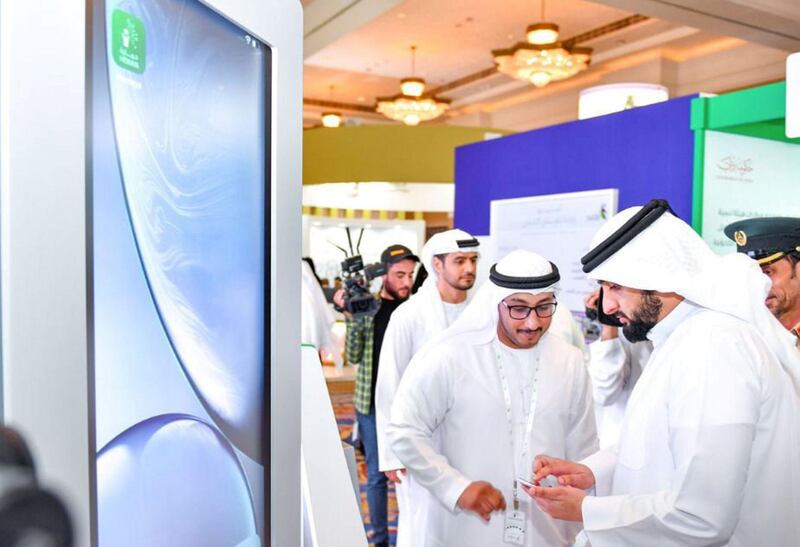The UAE has launched the Middle East’s first master's programme in addiction science as part of a new drive to combat drug abuse.
Dubai Medical College together with the city's Erada Centre for Treatment and Rehabilitation will offer the two-year course from September this year.
In addition to the masters, authorities at a two-day conference in Dubai also announced the creation of a one-year diploma in the same subject.
The move comes as officials seek to bolster the region’s capacity for treating drug addiction, ensuring every effort is made to address the concern.
“Addiction is a widespread disease and one of the means to fight it is to prepare qualified professionals from all fields who are capable of providing prevention as a first step and treatment as a second,” said Dr Abdulqadar Al Khayyat, chairman of the Erada Rehabilitation and Treatment Centre.
"We've had consultants come from the UK and the USA to help in the preparation of the subject."
Speaking on Sunday, experts said that both the master's programme and the diploma will be accredited by the Ministry of Education.
Each will be the first of their kind in the Mena region, boosting the Middle East’s ability to tackle not just the cause of substance abuse, but also its impact.
In recent years the abuse of drugs – and in particular prescription medication – has become a growing problem in the UAE.
Official figures estimate that between 2 and 4 per cent of the population misuse prescription drugs, with some users being as young as 12 years old.
Tramadol, for example, an opiate used to treat moderate to severe pain, is known to be widely abused by addicts.
“Addiction is an international issue and we cannot ignore it by isolating or eliminating addicts from being fully integrated into society,” said Ahmed Julfar, director general of the Dubai Community Development Authority.
“Although prevention remains the most important and successful factor we should work on, recovery from addiction is not a dream nor a difficult task to reach as long as the necessary factors are available. Post-care is the most critical stage of [the] recovery journey.”
The Hemaya International Forum is an annual conference in Dubai bringing together leading voices in crime prevention.
More than 1,500 visitors are expected to attend the event, during which keynote speakers will highlight the challenges of combating drug abuse.
By launching the addiction sciences programmes, authorities aim to ensure the right, specialist expertise is available to hospitals and other clinical institutions.
The courses will also help graduates go on to become licensed psychiatrists, addiction rehabilitation specialists or nursing care professionals.
“As we live in an increasingly globalised world, illicit drug availability and its usage at a global level has become a complex and serious problem,” said Dr Ali Wardak, professor of criminology at the University of South Wales and speaker at the conference.
“We need to put in place more protective strategies to overcome drug abuse and addiction now more than ever before.
“One key aspect of protecting society effectively against illicit drug use is acquiring more in-depth knowledge about it and raising awareness about its serious negative implications on our society.”






